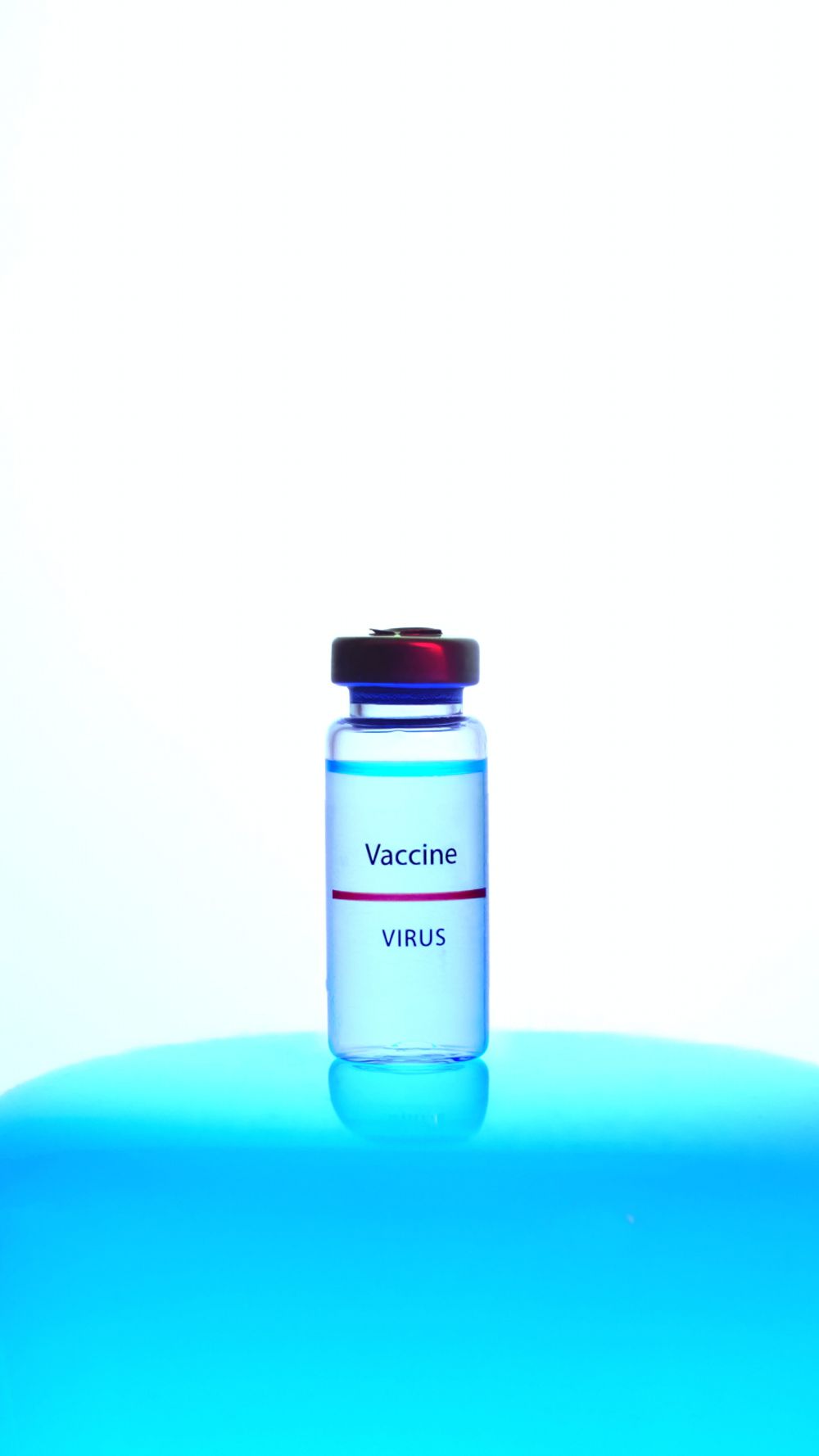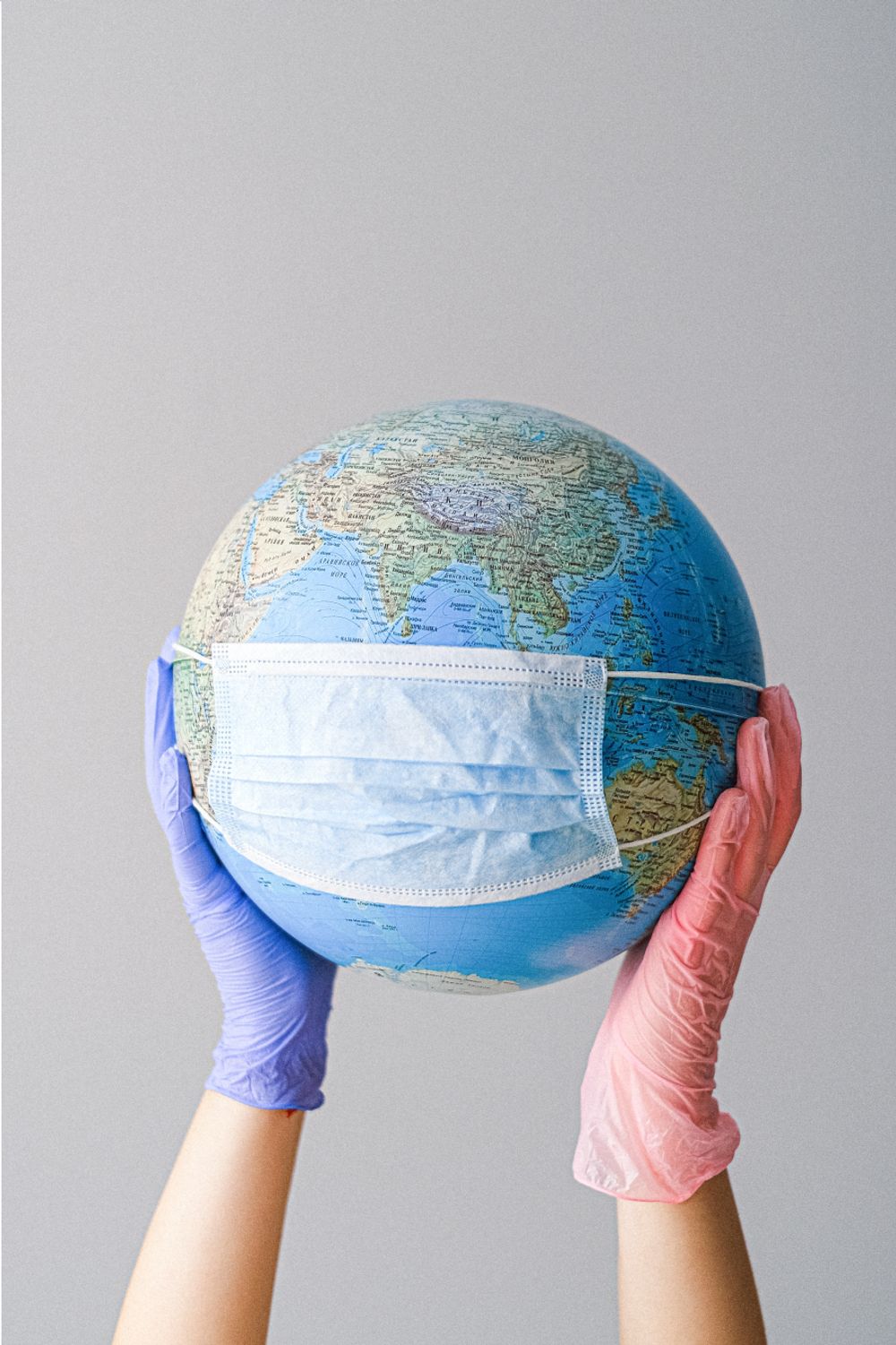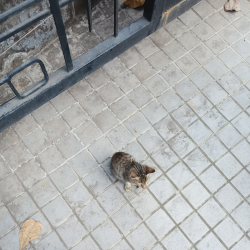

Vaccination doses are surprisingly time-consuming until more doses are available. Following the policy of widening the interval between two dose vaccines, the Center has now formulated further conditions for second dose replacement. While breastfeeding women are now encouraged to be vaccinated, those who have survived a single vaccination should be vaccinated for three months previously the recommendation was four to eight weeks. Those who have been tested but tested positive should postpone the second dose for three months after clinical recovery from COVID-19.
The recommendations are based on previous recommendations to increase the interval from 12-16 weeks to the more widely available vaccine Covishield. But there are two basic principles behind these recommendations, the first being the vaccine shortage. Until early April, India had a very different plan for making vaccinations available, which seemed to take stock of the availability and give priority to those at higher risk of disease.

The brutality of the second wave left the government in a state of panic and freed up the supply of vaccines applicable to ‘their own’ approach. Although it has benefited a portion of its predecessors, it has not gained as much access as the stagnation of daily injections and the declining number of second-dose recipients. The second principle is that the timing of the second dose to boost immunity is not clear. Vaccines with higher dose intervals are more effective in people over 18 years of age. Antibody levels are an important sign of protection, but they are not the only ones, Cell-based immunity and immune system provide long-term immunity. Since SARS-CoV-2 is less than 20 months, there is uncertainty about the duration of protection.
Breakthrough infections and deaths have been reported after the second dose. Although they are included in the statistics expected so far, only more vaccinations from now on will shed more light on the level of protection. All in all, these recommendations take time for policymakers to stabilize doses from August until more vaccines become available.
Many Indians are still not infected with the virus, and new variants of the threat are proliferating, needless to say, to protect people from further waves. The goal of vaccines is to prevent serious illness and death, and all policy recommendations should lead to that goal. There is no room for knee-jerk reaction that can compromise this goal.

As the situation is going worse day by day, don't put your health at risk. Follow safety precautions and ensure health. I think you all are safe. Stay happy, stay healthy. Hopefully good tomorrow will come again for us.














